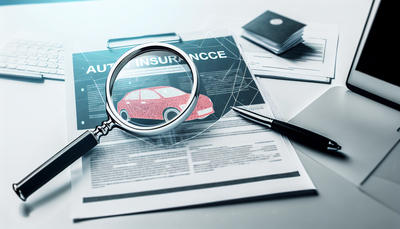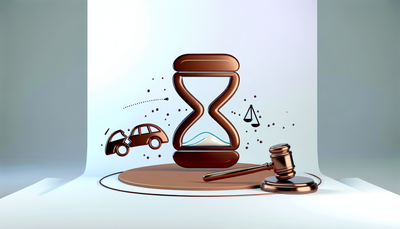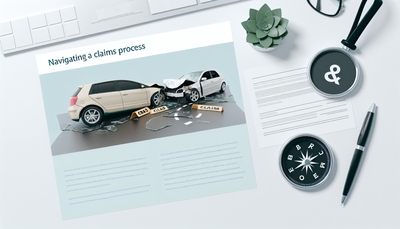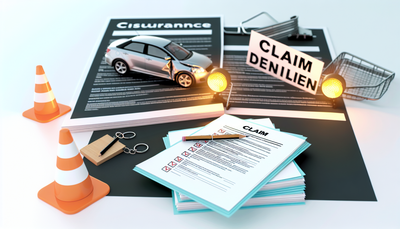Understanding the Car Insurance Claims Process in Pennsylvania
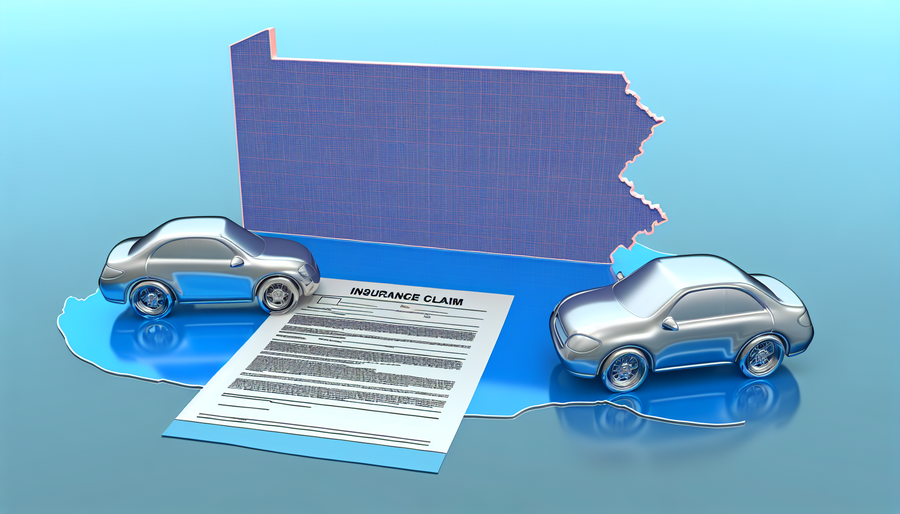
Understanding the Car Insurance Claims Process in Pennsylvania
Dealing with a car accident or vehicle damage is stressful enough—navigating the car insurance claims process shouldn’t add to your worries. If you’re a driver in Pennsylvania, understanding how car insurance claims work can help you handle any situation calmly and efficiently.
In this post, we’ll break down each stage of the car insurance claims process in Pennsylvania, so you know what to expect and how to protect your rights.
What to Do Immediately After an Accident
The claims process begins at the scene of the accident. Here are the essential steps:
- Ensure Safety First: Check for injuries and call 911 if needed.
- Exchange Information: Get contact and insurance details from all parties involved.
- Document the Scene: Take photos of the vehicles, location, and any visible damages.
- File a Police Report: In Pennsylvania, you're required to report an accident if there is injury or significant property damage.
These initial actions are crucial for a smooth claims process.
How to File a Car Insurance Claim in Pennsylvania
Once you’ve addressed immediate concerns, contact your insurance company as soon as possible. Most providers offer multiple options to file a claim—via phone, online portals, or mobile apps.
Here’s what you’ll typically need to provide:
- Your policy number
- Date, time, and location of the incident
- Description of the accident
- Photos and police report (if applicable)
Your insurer will open a claims file and assign an adjuster to investigate.
The Role of the Claims Adjuster
In Pennsylvania, the claims adjuster evaluates the facts, inspects vehicle damage, and determines how much the insurance company should pay. They may:
- Review your statement and documentation
- Inspect your vehicle or request repair estimates
- Interview witnesses or other drivers
Be honest and thorough when speaking with your adjuster—transparency helps prevent delays.
Pennsylvania's No-Fault Insurance Rules
Pennsylvania follows a choice no-fault system. Drivers can select between:
- Limited Tort: Lower premiums but limited ability to sue for pain and suffering unless the injury is severe.
- Full Tort: Higher premiums offering full legal rights to sue another driver.
Regardless of your choice, your own insurance company typically pays your medical bills up to your coverage limits under Personal Injury Protection (PIP).
Repairing Your Vehicle
Once the adjuster finalizes their review:
- You’ll receive an estimate for repairs or a settlement check.
- You can choose where to have your car repaired—Pennsylvania law allows you to pick your repair shop.
- Some insurers have preferred shops that can expedite the process.
Keep all receipts and stay in contact with your insurer until repairs or replacements are complete.
Common Reasons Claims Are Denied
Understanding why claims might be denied helps you avoid pitfalls. Common reasons include:
- Lapsed coverage or unpaid premiums
- Fraud or misrepresentation
- Exclusions in your policy (e.g., intentional damage)
- Lack of documentation
If your claim is denied, you have the right to appeal or consult with an attorney.
Final Thoughts
Navigating the car insurance claims process in Pennsylvania doesn’t have to be intimidating. By knowing your rights, acting quickly, and maintaining clear communication with your insurer, you’ll be better equipped to handle the situation—and get back on the road faster.
Remember, insurance exists to protect you. Stay informed and proactive, and the process will be a lot smoother.
Need more insurance guidance? Check out our other articles on car insurance, coverage types, and how to save money while staying protected.


